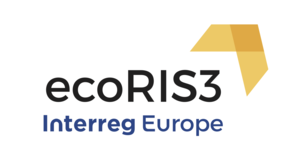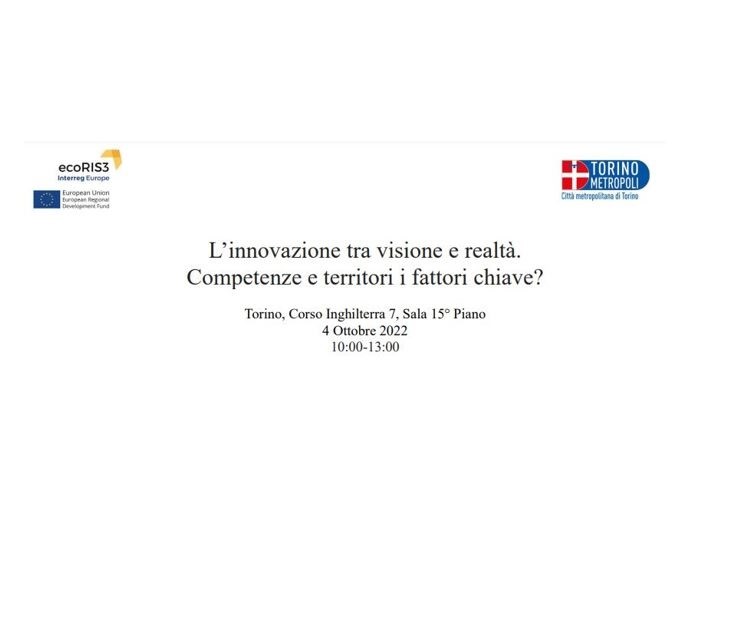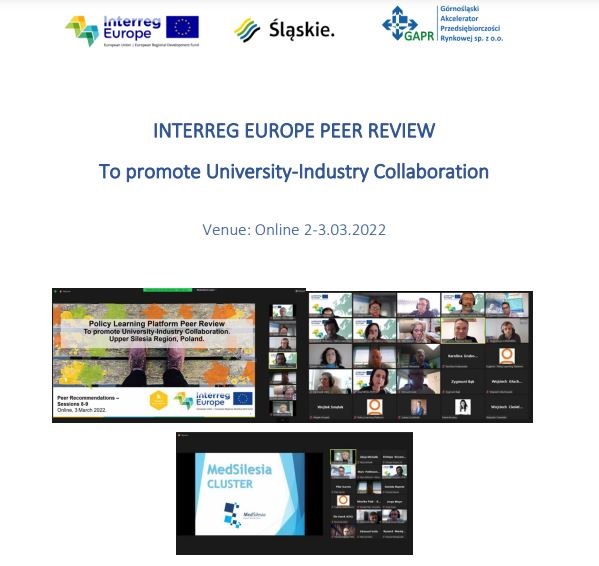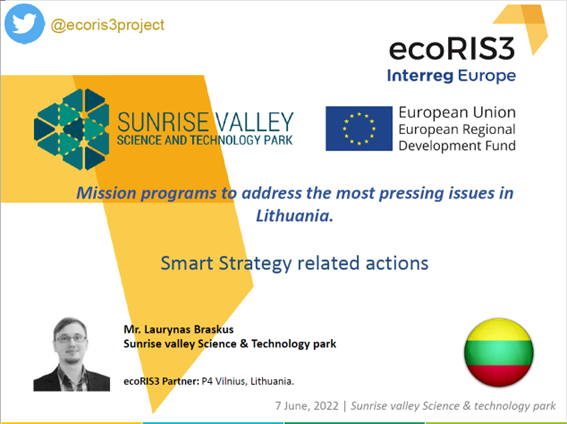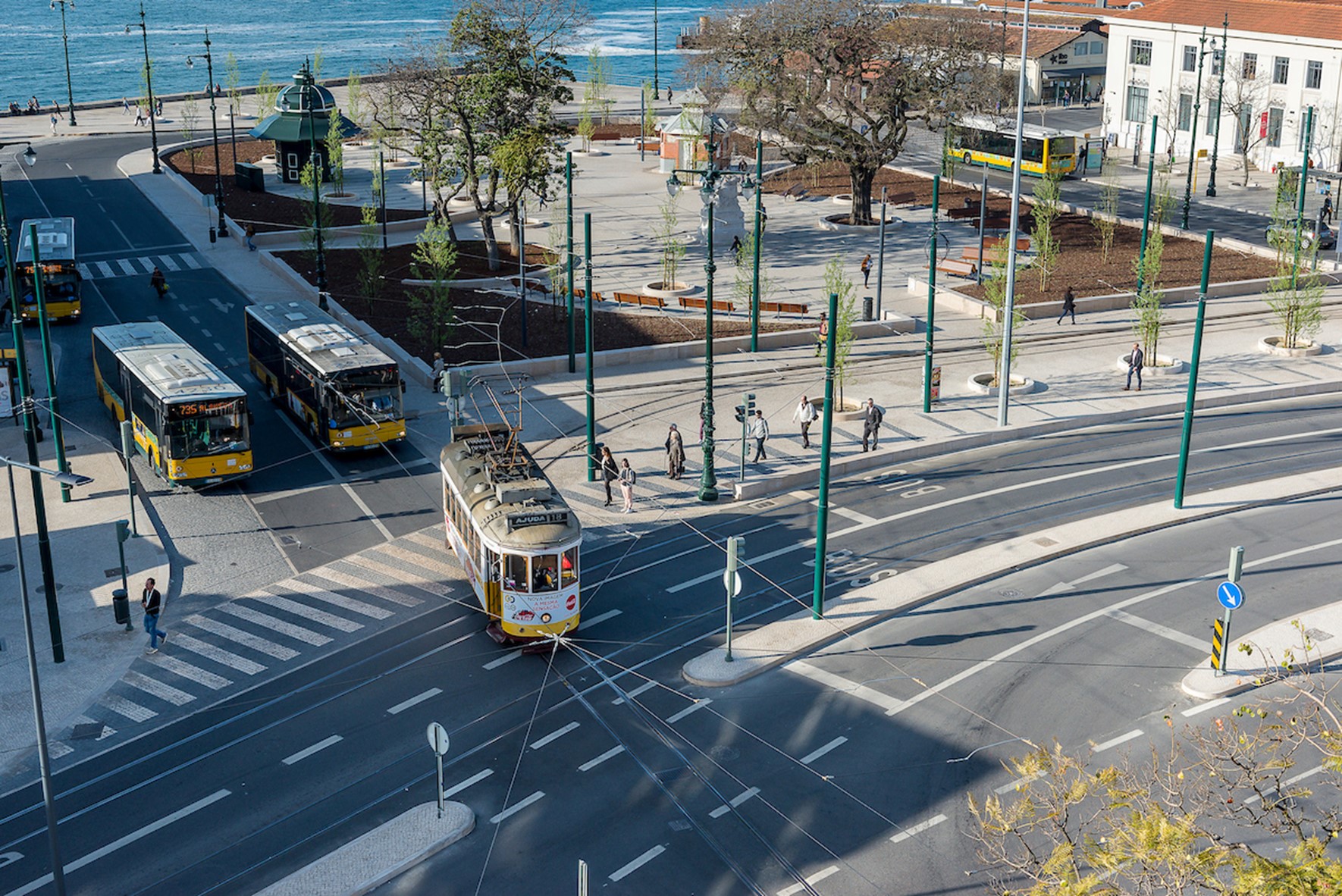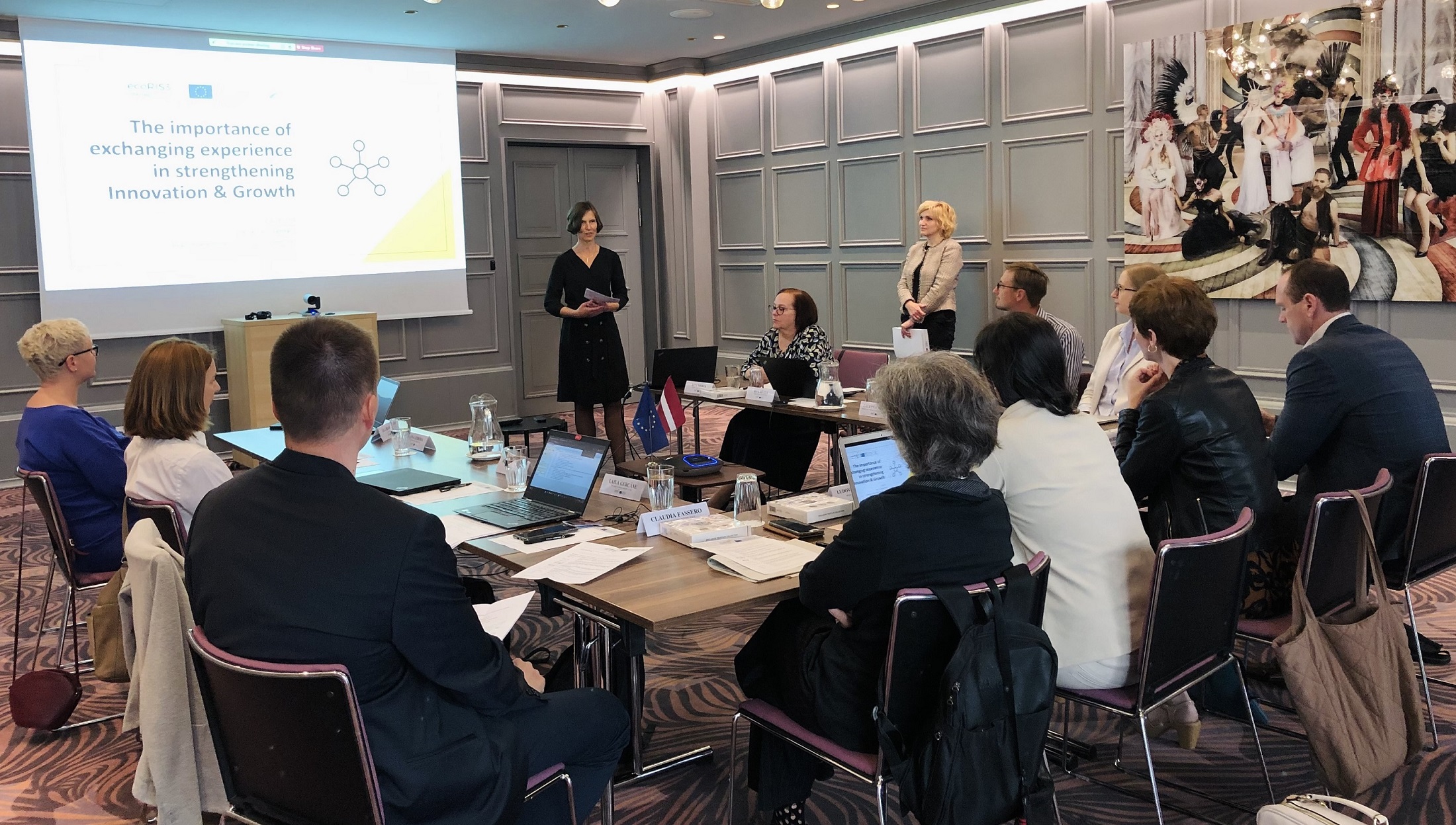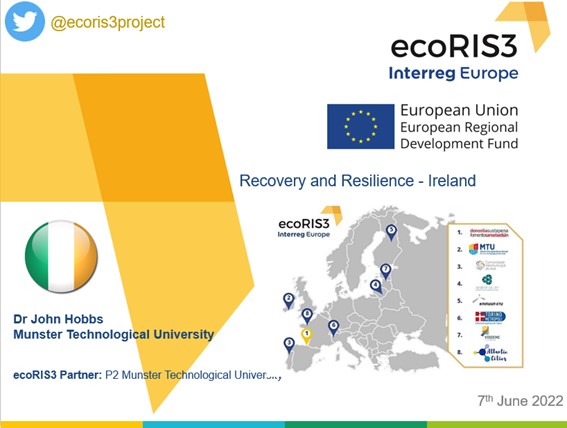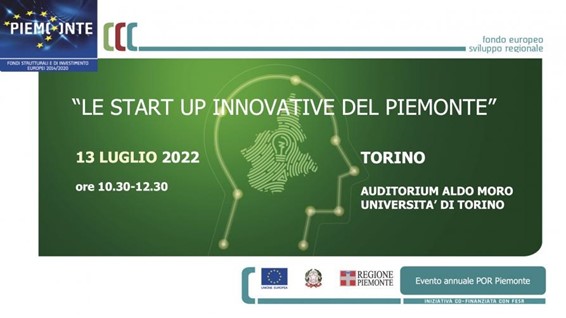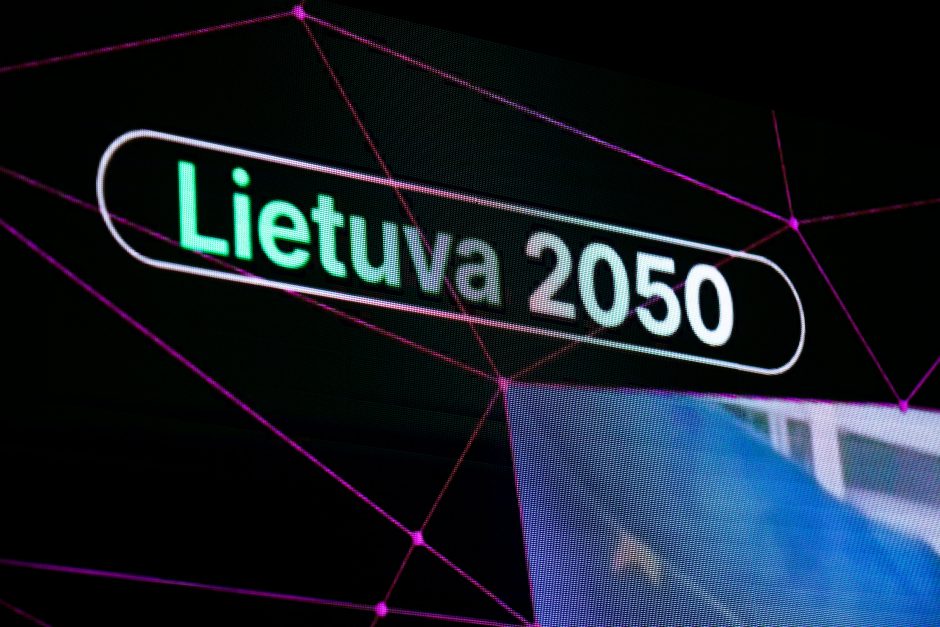The ecoRIS3 consortium and local stakeholders travelled to Vila Nova de Famalicão and Guimaraes in Portugal on the 28th and 29th of June 2017 for an exchange of good practices workshop entitled “Public Sector as Orchestrator of ecosystems innovation and Smart Specialization.”
The workshop and associated site visits were hosted by ecoRIS3 Partner Adrave, who put together an excellent packed programme for the consortium and their local stakeholders. The programme began with a welcome session and introduction to Vila Nova de Famalicão, and also included a presentation from António Braz Costa who represented CITEVE – Portuguese Technological Centre for Textile and Clothing Industries and CeNTI – Centre of Nanotecnology and Smart Materials.

Image: António Braz Costa, CEO CITEVE – Portuguese Technological Centre for Textile and Clothing Industries.
Following these introductory presentations, the ecoRIS3 consortium and their local stakeholders began a session focused on sharing of good practices on an interregional basis via group based roundtable discussions. Dr John Hobbs, who presented two good practices from Ireland, EuroTech Connect and the Energy Cork Cluster, had the opportunity to share and learn from practices from Vila Nova de Famalicão, Kainuu, Turin, San Sebastian and Guimaraes. Dr Hobbs believes that “being able to share the best practices on a face to face basis really increased ones understanding of the initiatives taking place in regions across Europe which are having real economic impact. It allows targeted questions to be asked and answered immediately to ascertain if certain initiatives are applicable and could have impact in our own regions.”

Image: The roundtable sharing of good practices by Dr John Hobbs, Cork, Ireland; Claudia Milone, Metropolitan City of Turin, Italy; Markus Leinonen, Kainuu, Finland and Paulo Cadeia, CITEVE - Vila Nova de Famalicão, Portugal.
The good practice session was followed by a Study Visit Study Visit to the Technological Centre for Textiles to the Technological Centre for Vila Nova de Famalicão led by António Braz Costa. The tour included the evolution of the organization in the framework of the Portuguese textile sector from 1934 to 2017 and the perspectives for future up to 2024. CITEVE was created in that area because of the importance of the textile sector in the Norte Region, which has the biggest regional textile sector in Europe. Braz also explained the company´s strategy, and process to transform a traditional company into a very innovative one, stressing the foundation of CENTI (Centre of Nanotechnology and Smart Materials) in 2009, and the CITEVE certification service and the Textile Technology and Fashion Cluster in 2014.
On Wednesday, 29th June, a study visit to LabPAC (Arts and Creativity Platform Laboratory) in Guimaraes took place. Twelve start-ups in sectors like fashion, audiovisual, interior design, etc., actually benefit from having a working space with very flexible conditions, in order to facilitate its business development.

Image: The ecoRIS3 consortium with the staff and entreprenuers from LabPAC - Arts and Creativity Platform Laboratory in Guimaraes.
